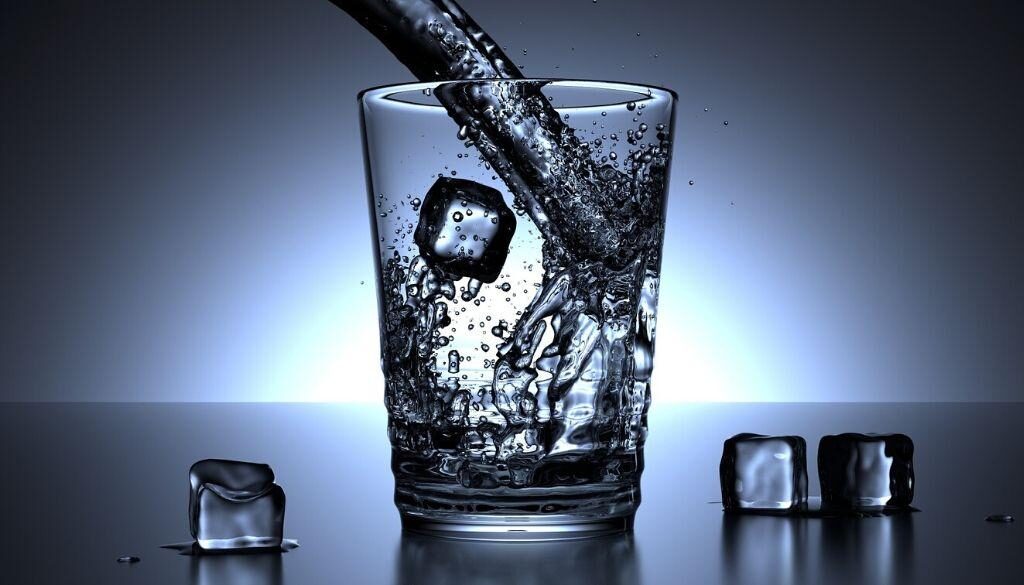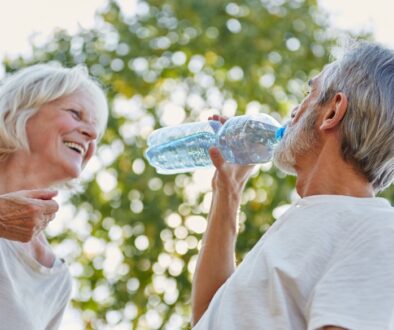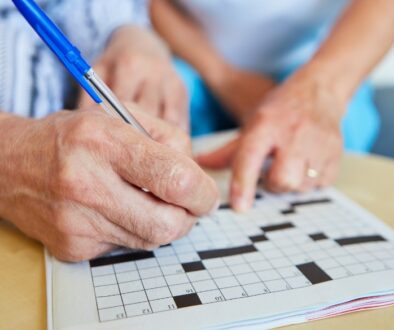What Older Adults Need to Know About Dehydration
Your risk of dehydration – and your chances of experiencing serious side effects – increases with age. At any age, staying hydrated is important to stay healthy and feel your best. But it is increasingly crucial in the older years.
Dehydration carries a significant risk of negative outcomes, including disability, morbidity, and even mortality in older adults, who are among the most likely to be dehydrated, according to 2015 research published in the Journal of Gerontology Nursing. Between 20% and 30% of older adults are chronically dehydrated.
Why Dehydration Is Common in Older Adults
The first, and perhaps most perplexing, cause of dehydration in older adults is a lack of thirst. During the aging process, thirst sensation naturally decreases, says Dr. Audrey Chun, vice-chair of geriatric and palliative medicine outpatient services in the Mount Sinai Health System and director of Coffey Geriatrics at The Martha Stewart Center for Living at Mount Sinai Hospital. While the mechanisms are not clear-cut, thirst levels in adults older than 65 are commonly far lower than indicative of the body’s actual fluid needs. Because of this decreased thirst sensation, many adults do not drink as much as they did in their younger days, says Dr. Sanjay Kurani, medical director of inpatient medicine at Santa Clara Valley Medical Center in San Jose, California.
Plus, throughout the aging process, the kidneys naturally lose some of their ability to conserve water and concentrate urine, leading to greater fluid losses through urination. A decline in muscle mass referred to as sarcopenia, can also reduce how much water the body can store, as muscle functions as a significant holding area for water molecules. One out of three adults age 60 and older suffer from severe muscle loss, according to a 2014 review published in Age and Ageing.
Age-related health conditions can further predispose older adults to dehydration. Undiagnosed or uncontrolled Type 2 diabetes can increase urination, while urinary incontinence – and resulting anxieties surrounding accidents – can cause a reduction in fluid consumption. Reduced mobility can cut down on how often people are willing to make trips to get water and use the restroom, Kurani says. People with Alzheimer’s disease or dementia are also at an increased risk of not drinking enough water, according to 2018 research published in Nutrients.
What’s more, commonly used over-the-counter and prescription medication can contribute to fluid losses as well. “Blood pressure medications such as diuretics are commonly associated with dehydration in the elderly,” Kurani says. “Antihistamines and laxatives are also medications that can result in dehydration.”
The Effects of Dehydration on Health
For anyone, even mild dehydration – as low as 2% of one’s body weight – can contribute to confusion, fatigue, loss of strength, reduced coordination, and decreased cognitive function.
“These effects are exacerbated in older adults because they are more likely to have underlying chronic conditions and a blunted response to adapt to the physiological stressors that occur with dehydration,” Chun says.
Combined, these symptoms can contribute to falls, accidents, and injury, Kurani says. In severe cases, dehydration can result in kidney damage, muscle damage, and hypovolemic shock, in which blood levels decrease to the point that oxygen levels drop to dangerous levels (when blood levels are too low, the heart is unable to take in and pump out enough blood). Since adequate fluids are vital for cells to function well, dehydration can decrease the body’s ability to fight infection, heal, and overcome health complications.
In a 2015 study published in Age and Ageing, 37% of men and women age 65 and older admitted to the emergency room presented with dehydration. Researchers found that, across the board, the patients who entered the hospital dehydrated had worse health outcomes, including death.
How to Stay Hydrated
To ensure that you’re well-hydrated, it’s important to first talk to your doctor about any medical conditions that could predispose you to dehydration or affect you. Discuss your health history as well as any over-the-counter or prescription medications that you are taking, and make sure to have an annual physical to identify any conditions, such as prediabetes and diabetes, as soon as they develop.
Many of the earliest signs of dehydration, including fatigue, dizziness, and muscle cramps, can often be attributed to the natural aging process, other health conditions or medications. Pay attention to these symptoms and talk to your doctor if you experience them or have a fever, vomiting, or diarrhea, which can increase your risk of dehydration, Chun says.
With an individualized plan of action, the goal is to find ways to increase your fluid intake, often above and beyond thirst, Kurani says. Precluding all color changes associated with foods, medications, or health conditions, if your urine is a pale yellow, you are adequately hydrated. Options include keeping a reusable water bottle with you at all times, increasing fluid intake from water-rich foods such as produce and soup, decreasing the use of unnecessary diuretics, reducing alcohol intake, and taking extra steps to stay cool in warm weather.
Keep Up To Date On News and Blogs
Find all of The Neighbors of Dunn County’s current news here.
Source: U.S. News & World Report




